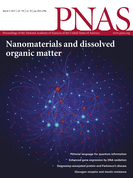
Neuroscientist Stanley Rapoport hasn’t had much luck with his co-authors.
Recently, we’ve reported on multiple retractions of papers co-authored by Rapoport after three different first authors were found to have committed misconduct. Now, the fallout from one of those cases had led to four more retractions, bringing Rapoport’s total to 12.
The latest batch of retractions stem from the actions of Jagadeesh Rao.
Here’s the first notice, issued by Psychopharmacology:
Continue reading Prominent NIH researcher up to a dozen retractions


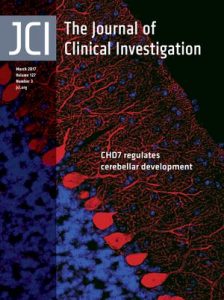
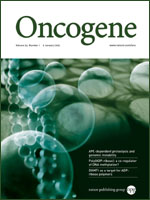 Here’s a rather odd case: When readers raised issues about some of the images in a 2008 cancer paper, the authors issued a correction last year. But when
Here’s a rather odd case: When readers raised issues about some of the images in a 2008 cancer paper, the authors issued a correction last year. But when 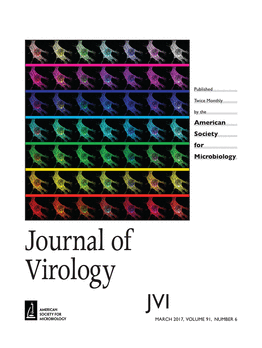 A group of researchers in France has been forced to retract their 2002 article in the
A group of researchers in France has been forced to retract their 2002 article in the 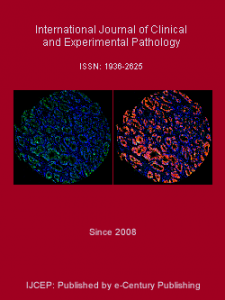
 It would seem that resorting to legal means to avoid editorial notices doesn’t always work.
It would seem that resorting to legal means to avoid editorial notices doesn’t always work.
